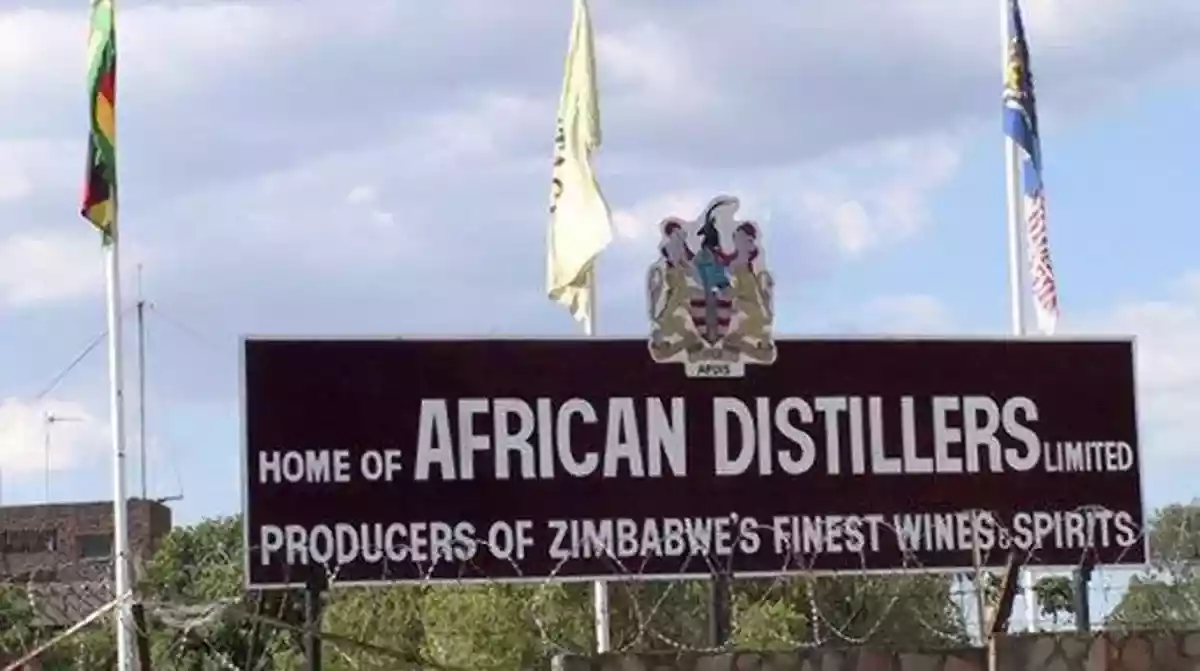
NEW frontiers in the tourist industry are getting a lot of interest from potential investors as they have turned into investment hotspots, according to Tourism minister Nqobizitha Ndhlovu.
These include, among others, Binga, Tugwi-Mukosi, Kanyemba, Mazowe, and the new city at Mount Hampden.
“Apart from traditional investment destinations such as Victoria Falls, Kariba, the Eastern Highlands, Harare and Bulawayo, there are new frontiers worth taking note of,” Ndhlovu told Standardbusiness in an interview.
“These include the new city at Mt Hampden, Binga, Tugwi-Mukosi, Kanyemba, Mazowe and many more. In fact, these have become new tourism investment hotspots in Zimbabwe. They continue to receive serious inquiries from prospective investors.”
In spite of the country's abundance of natural splendour and the beautiful Victoria Falls, one of the Seven Wonders of the World, which contributes to the country's charm, a rise in borrowing costs and a lack of financing options have hampered the tourism industry's capacity to upgrade its offerings.
Officials in the industry acknowledge that despite the presence of such drawcards, the sector's expansion is nevertheless hampered by restrictive credit lines, which cause the nation to lose out on potential income.
“The industry has not been able to refurbish products due to limited lines of credit and high cost of borrowing. As such, the product is lagging behind when compared to other products within the region,” Ndhlovu added.
The National Development Strategy 1 (NDS1) recognized tourism as a priority economic sector with the potential to support the expansion and development of the country's economy.
- Chamisa under fire over US$120K donation
- Mavhunga puts DeMbare into Chibuku quarterfinals
- Pension funds bet on Cabora Bassa oilfields
- Councils defy govt fire tender directive
Keep Reading
By 2025, the sector should have contributed US$600 million to overall capital investments, according to NDS 1. The industry's economy needs to be worth $5 billion at the same moment.
The tourism industry had tremendous growth across the board in the most recent year, with arrivals reporting a 174% increase from the same time the year before.
Zimbabwe's annual tourism receipts peaked at US$1,24 billion in 2019 prior to the advent of COVID-19. The yearly tourism receipts decreased to US$359 million in 2020 and US$397 million in 2021 as a result of restrictions on both local and international travel.
According to Ndhlovu, the sector's arrivals fell 156 219 short of the 1,2 million visitors they had hoped to welcome, as forecast in their National Tourism Recovery and Growth Strategy.
But he feels that now is the best time to invest in this emerging sector as the sector is recovering more quickly from the devastating COVID-19 pandemic.
The experts in the business contend that non-productive taxes that effectively discriminate against travellers and/or travel agencies in comparison to goods and services that are similarly provided in other sectors are a threat to the sector.











